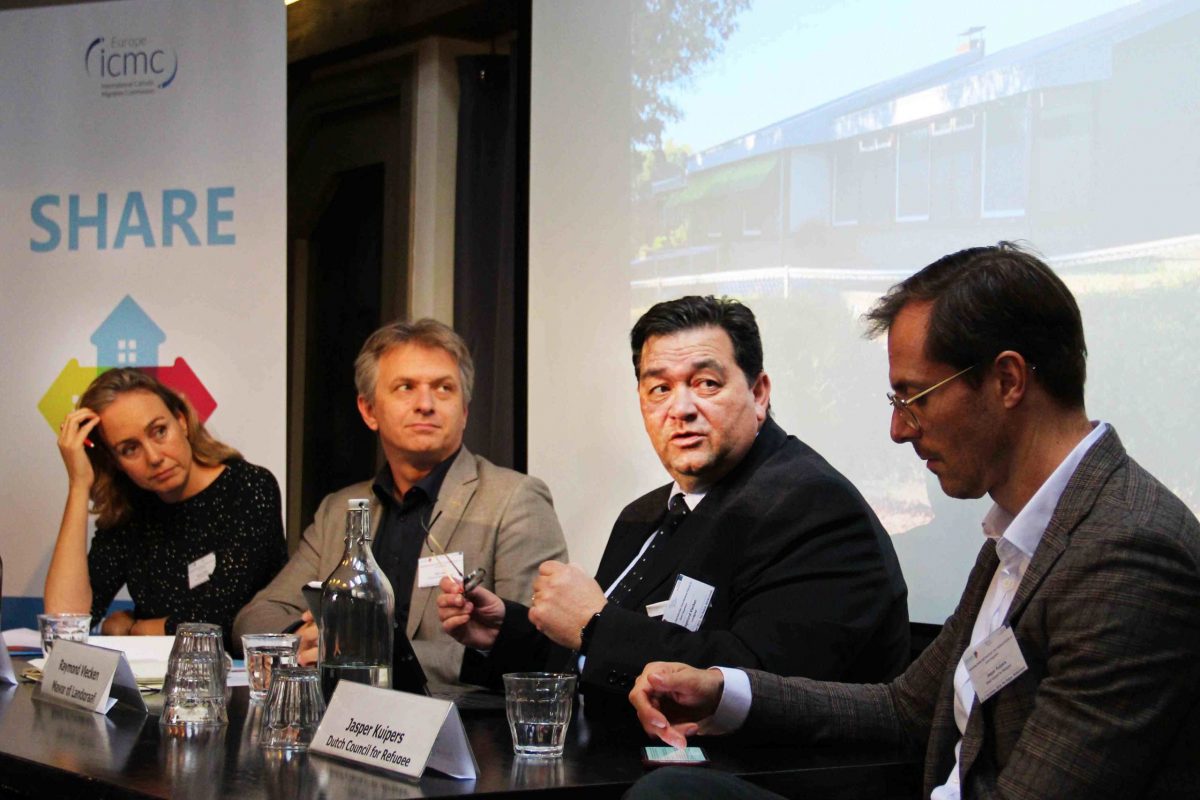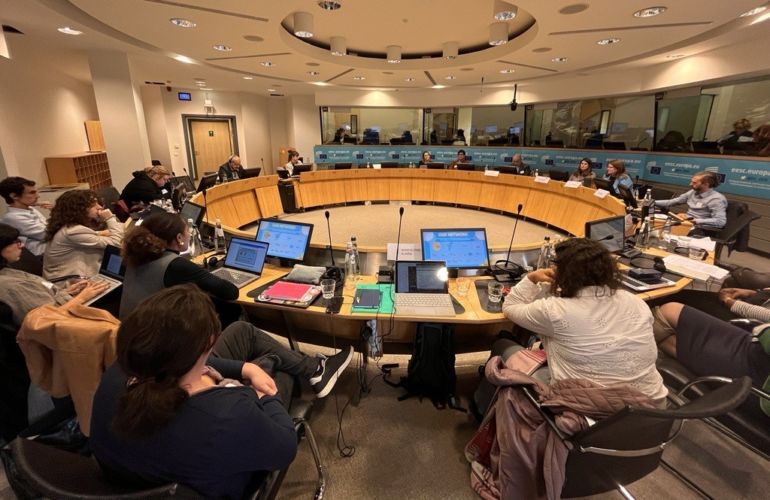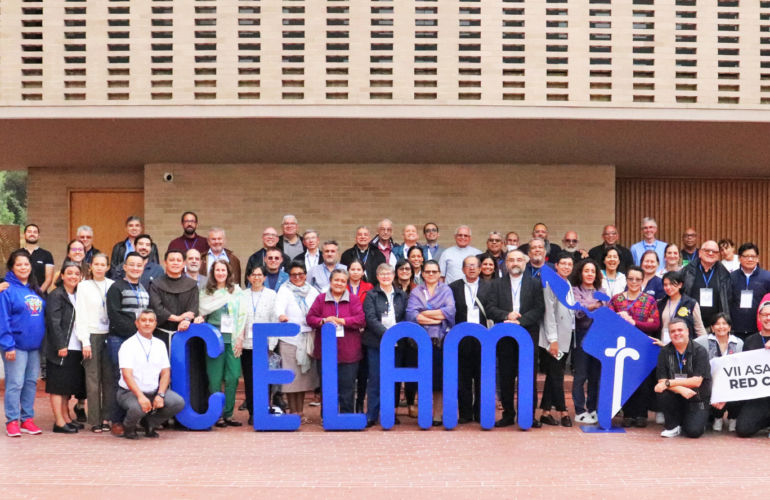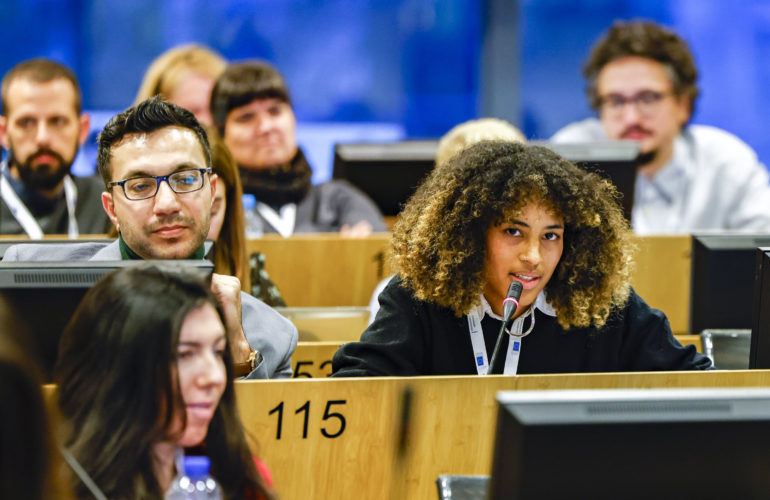The EU Should Use Its Migration and Asylum Budget in a Humane and Effective Way

Creating partnerships with local actors working on migration and integration, including civil society organizations, contributes to achieving that goal, say a group of 20 NGOs including ICMC Europe.
In a joint statement released in late February 2019, the organizations call on legislators to ensure that a new European Union funding mechanism in the field of migration and asylum contributes to more humane, transparent and effective asylum and migration policies.
The new Asylum and Migration Fund (AMF) will enter into force as of 2021 and is currently being negotiated by the European Parliament, Commission and Council. It involves a budget of 9.2 billion euros for the period 2021-2027.
The goal of the new Fund is “to support fair and efficient asylum systems in Europe, to guarantee safe and dignified returns of third-country nationals as well as to harmonize high standards in the field of asylum, reception, and integration.”
One of the main differences between the new AMF and the previous instrument is that the new one only includes measures related to early integration, whereas medium and long-term integration will be covered by the European Social Fund. The latter is the instrument used for general integration of third-country nationals into the EU.
While this could be beneficial, the signatories of the statement caution that strong coordination between the two funds is necessary to ensure that no one falls through the cracks.
As the ICMC Europe-led SHARE Network demonstrates, reception and integration are in many cases the responsibility of local governments and civil society actors. Therefore, the statement also requests that ‘smaller actors’ have more direct access to the Asylum and Migration Fund.
Partnerships among actors working in refugee and migrant integration, a key principle of the SHARE Network, is another key demand of the statement’s signatories.
“All over Europe, we see examples of good practices in integration, which involve local authorities and civil society organizations working together,” says Petra Hueck, Head of ICMC Europe. “Coordination and collaboration between national, regional and local government levels in partnership with civil society organizations are effective means to better address the needs on the ground and to work towards smoother and better integration policies and projects,” she adds.


